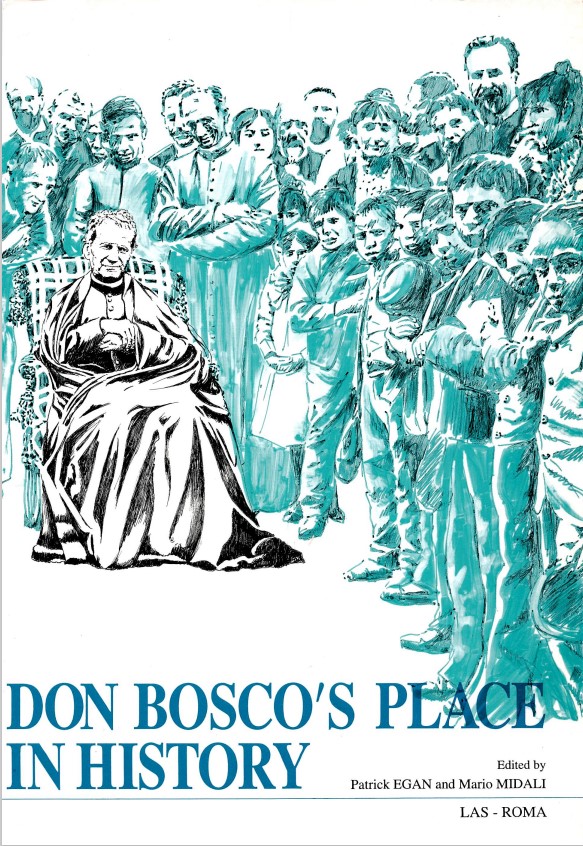The present essay focuses on Don Bosco’s decision to adopt Catholic popular theatre as a further educational tool, to the point that at a later time it becomes part of the methods of the Preventive System. The stage thus becomes, not only a place of learning for the spectators, but also for the actors themselves. The first theatrical performance, according to what is mentioned in Memorie, dates back to June 29, 1847.
Continue reading “Stefano Pivato – Don Bosco and the popular theatre in «Don Bosco’s place in history»” →
